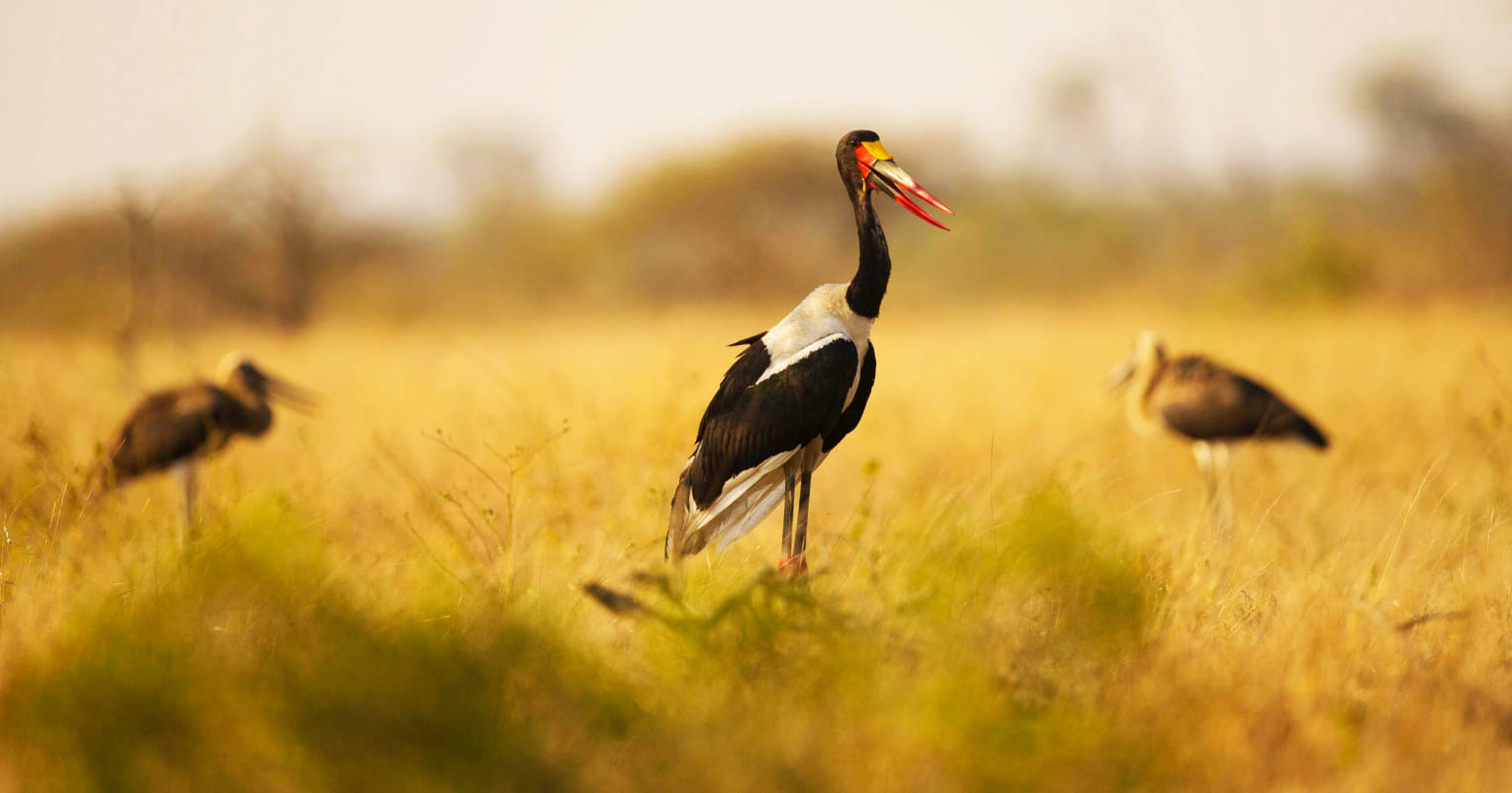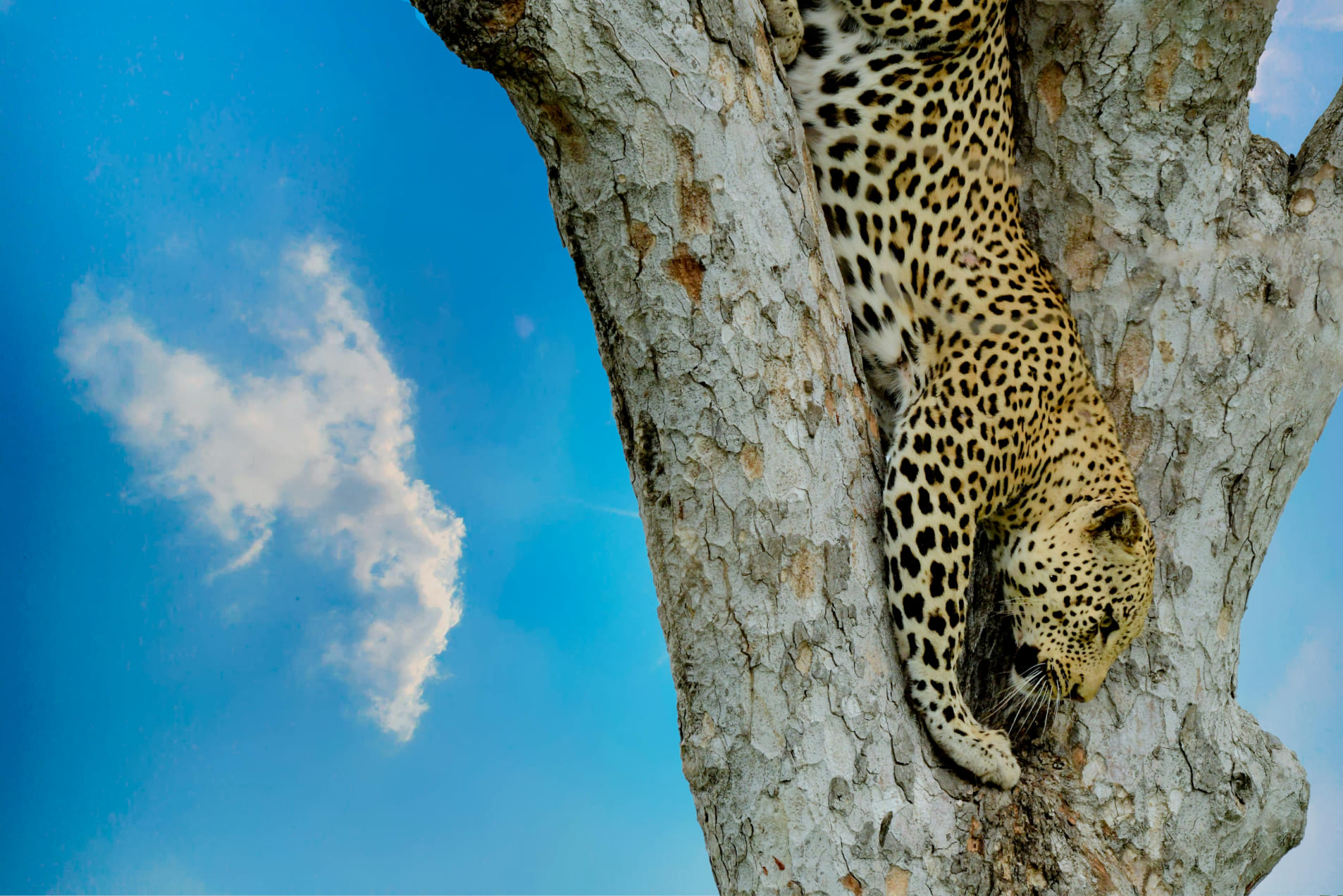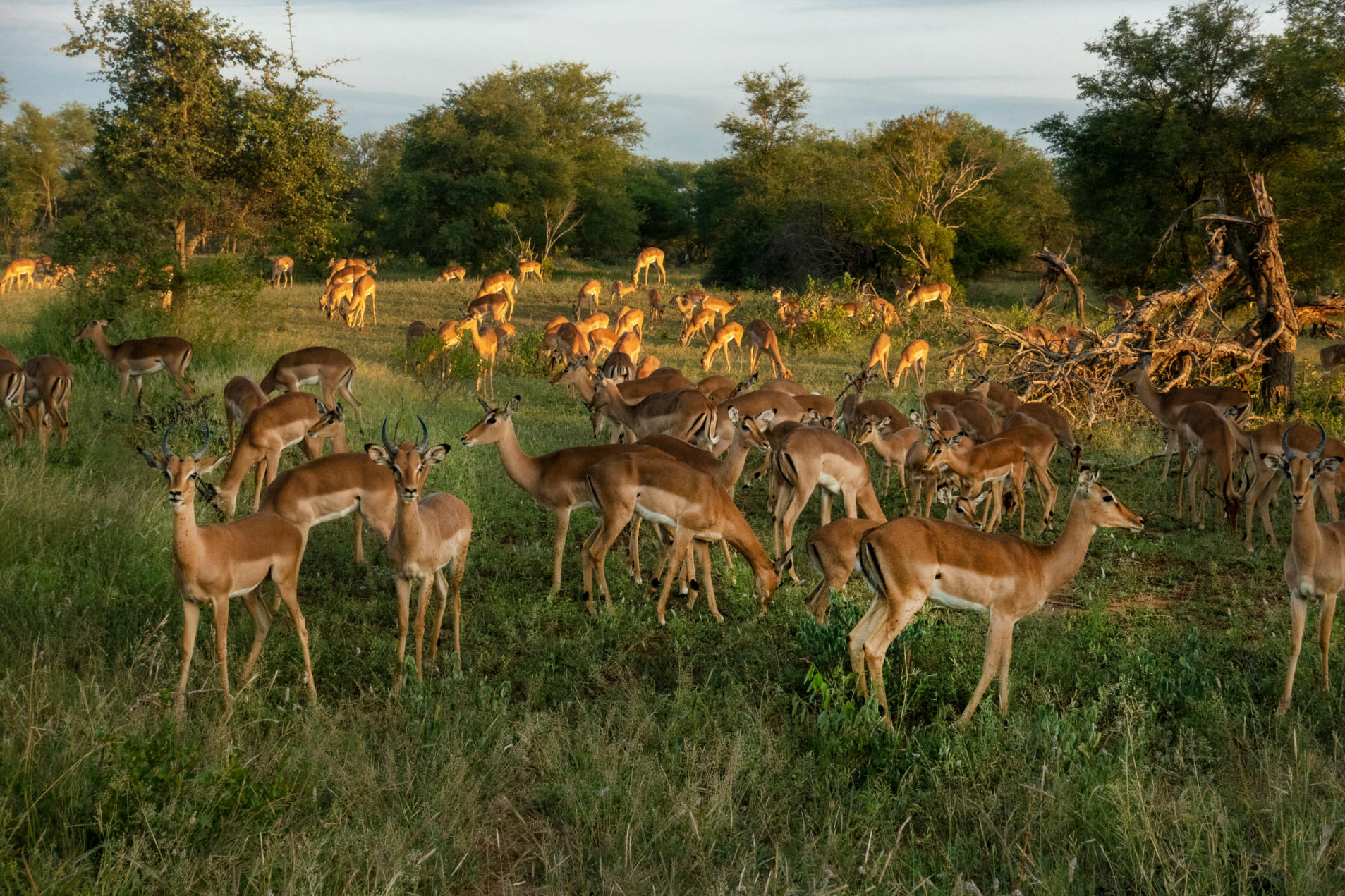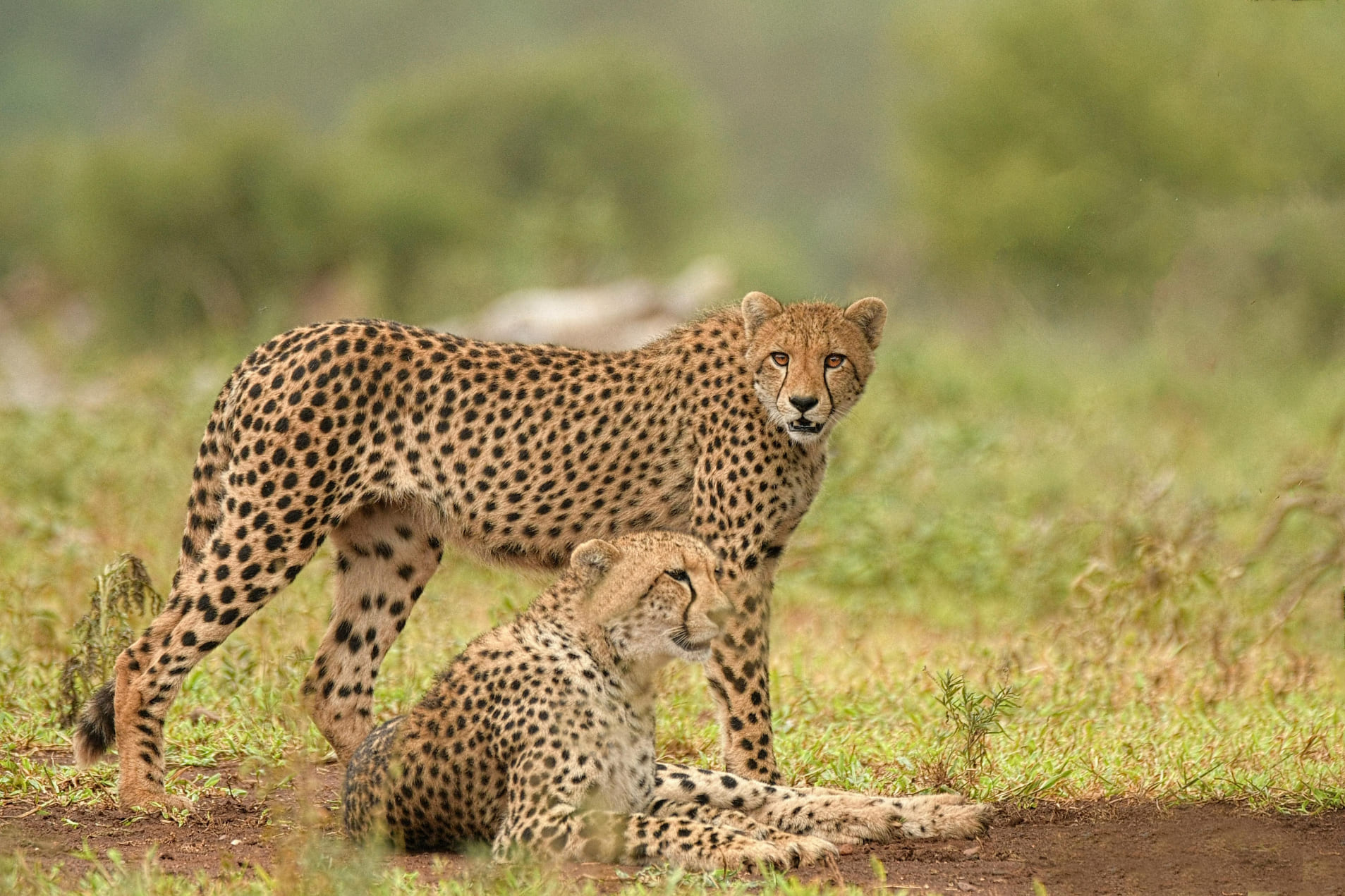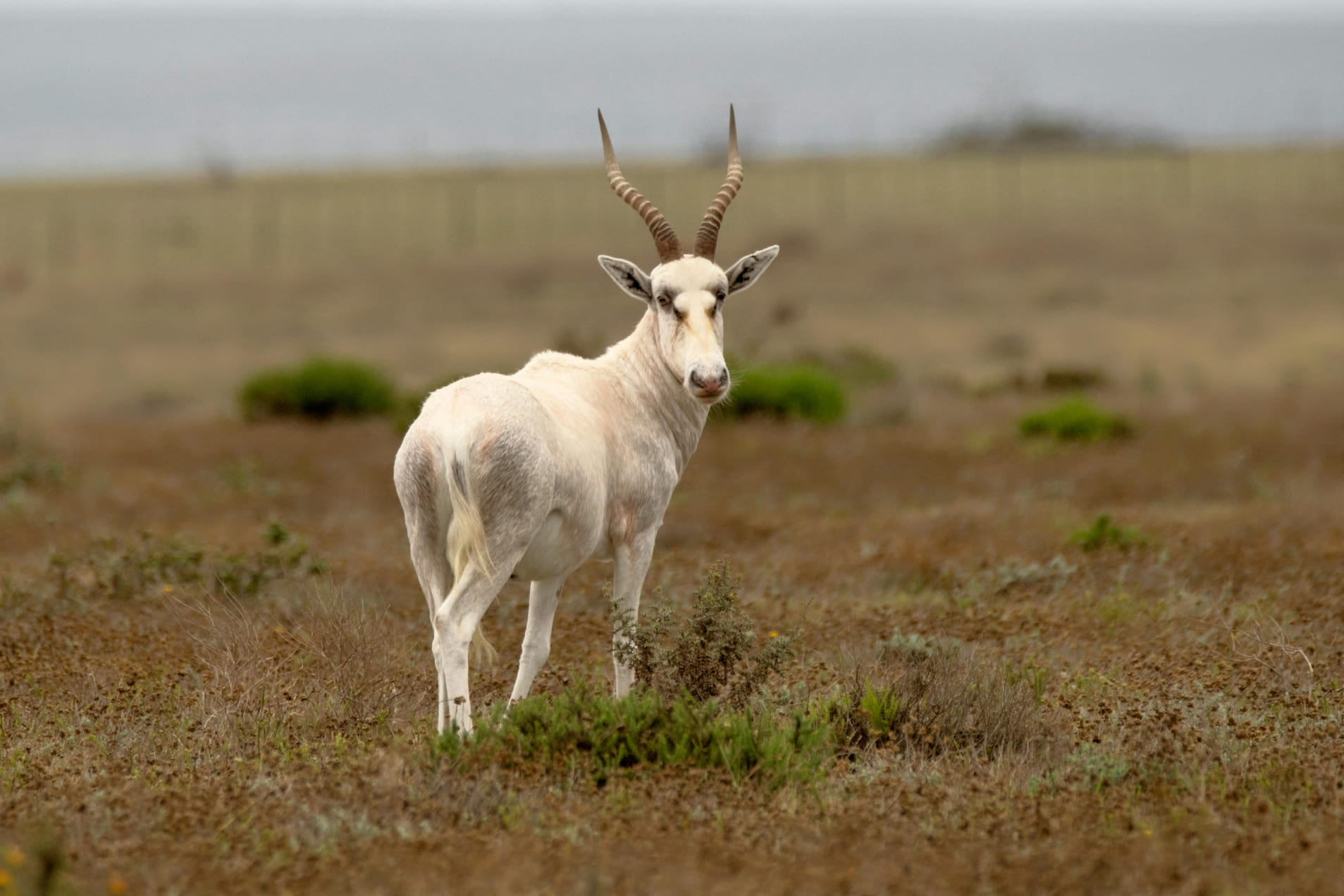
The Fascinating World of Marine Life: Biodiversity Beneath the Waves
The oceans cover over 70% of the Earth’s surface and are home to an astonishing diversity of life. Marine ecosystems are teeming with creatures ranging from the tiniest plankton to the largest animals on the planet, the blue whales. This biodiversity is crucial for maintaining the health of our planet and providing essential resources for human survival.
Coral reefs, often referred to as the "rainforests of the sea," are among the most diverse ecosystems in the world. These underwater structures, formed by colonies of tiny coral polyps, provide habitat and shelter for countless marine species, including fish, invertebrates, and sea turtles. Unfortunately, coral reefs face significant threats from climate change, pollution, and overfishing, leading to widespread coral bleaching and habitat loss.
In the open ocean, large marine mammals such as dolphins and whales play critical roles in maintaining ecological balance. These animals not only help regulate fish populations but also contribute to nutrient cycling in the oceans through their feeding and migratory behaviors. The intelligence and social structures of dolphins, in particular, have fascinated researchers and the public alike, highlighting the complexity of marine life.
As human activities continue to impact the oceans, conservation efforts are becoming increasingly vital to protect marine biodiversity. Establishing marine protected areas, promoting sustainable fishing practices, and reducing plastic pollution are essential steps toward preserving the health of our oceans. By safeguarding marine life, we ensure the continuation of vital ecosystems that support not only wildlife but also human existence on our planet.
